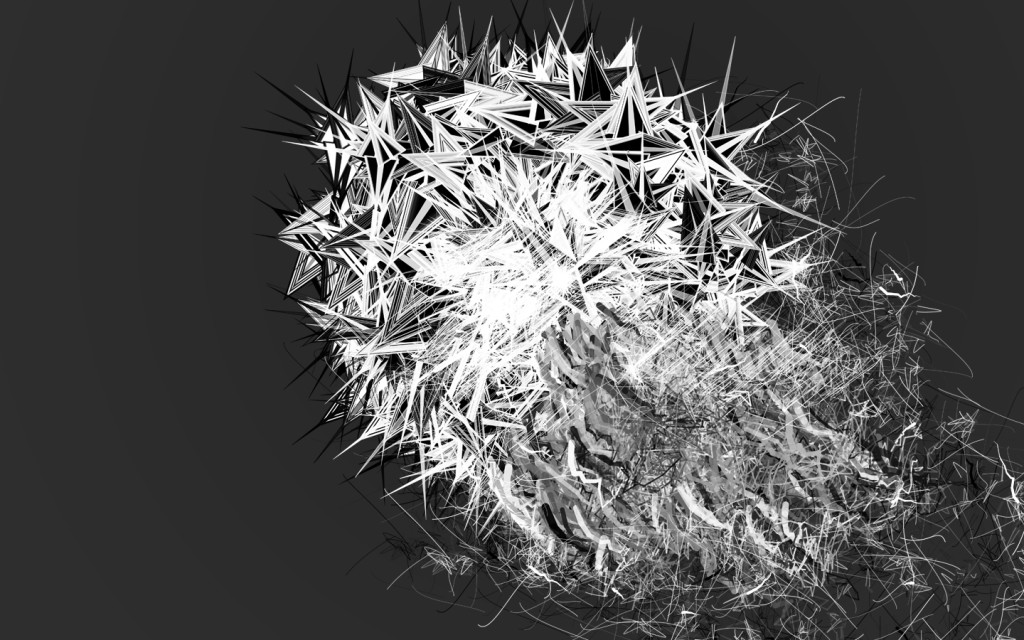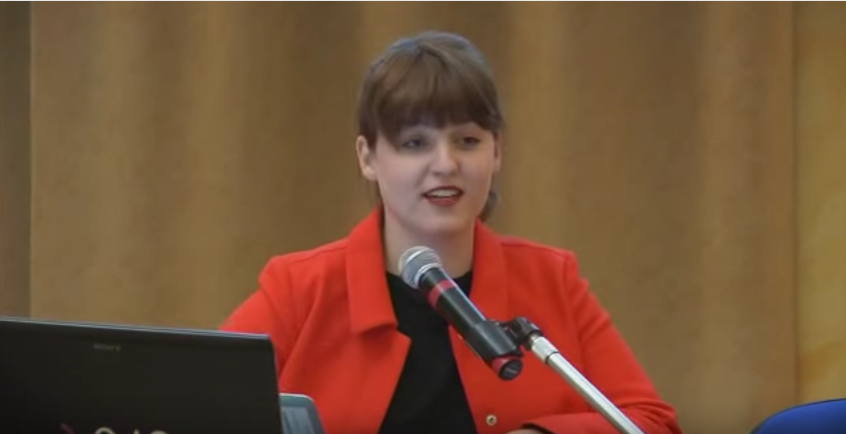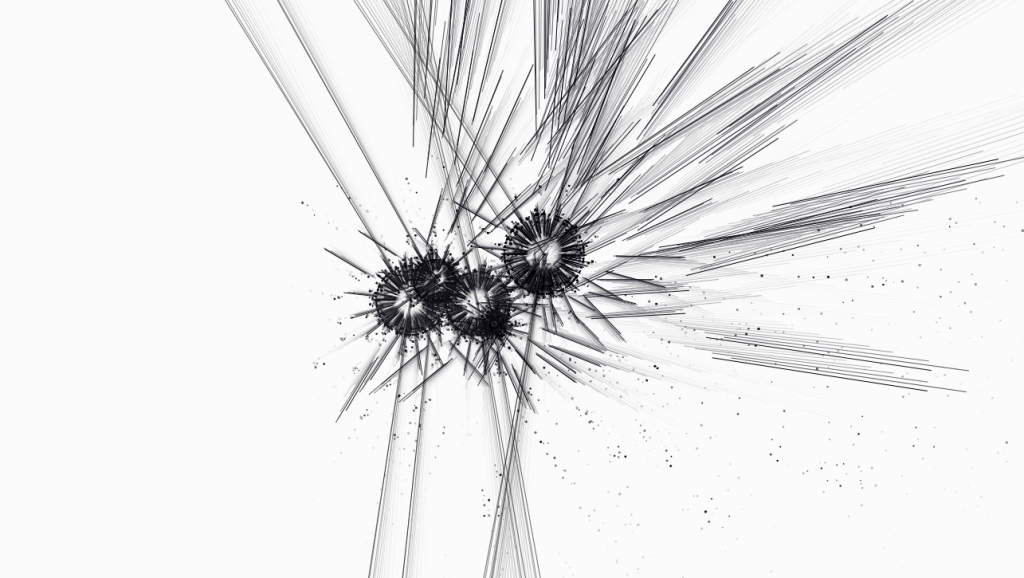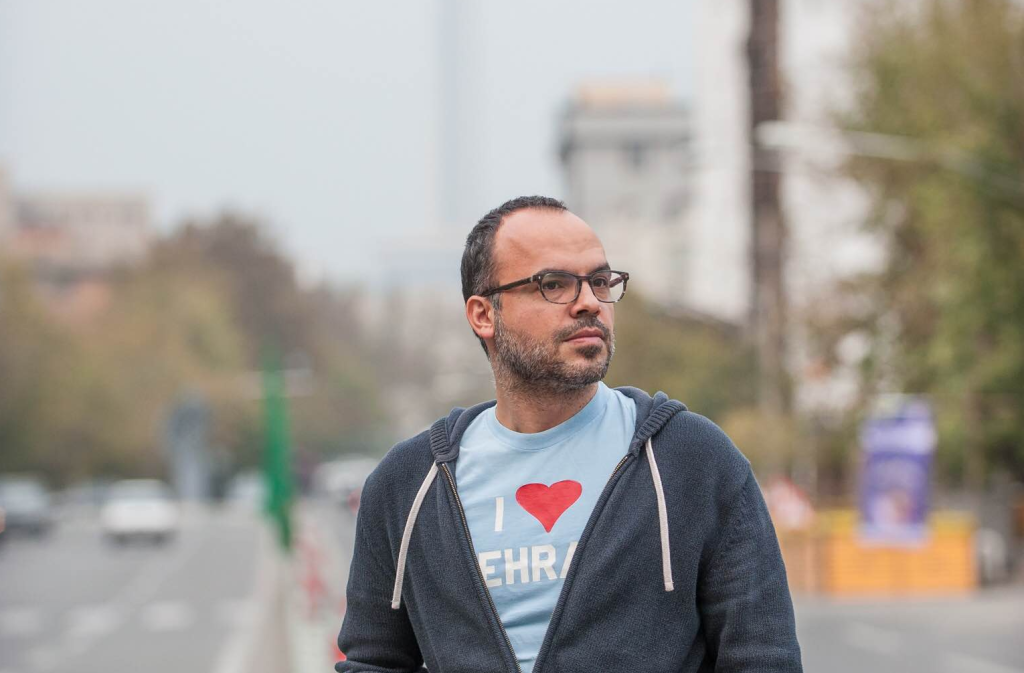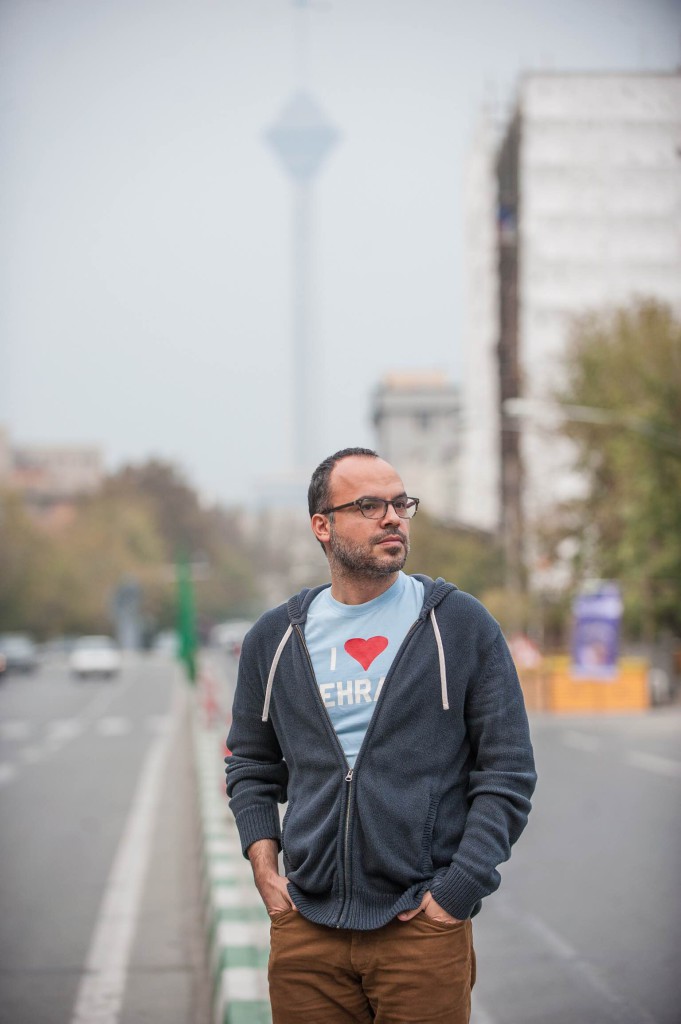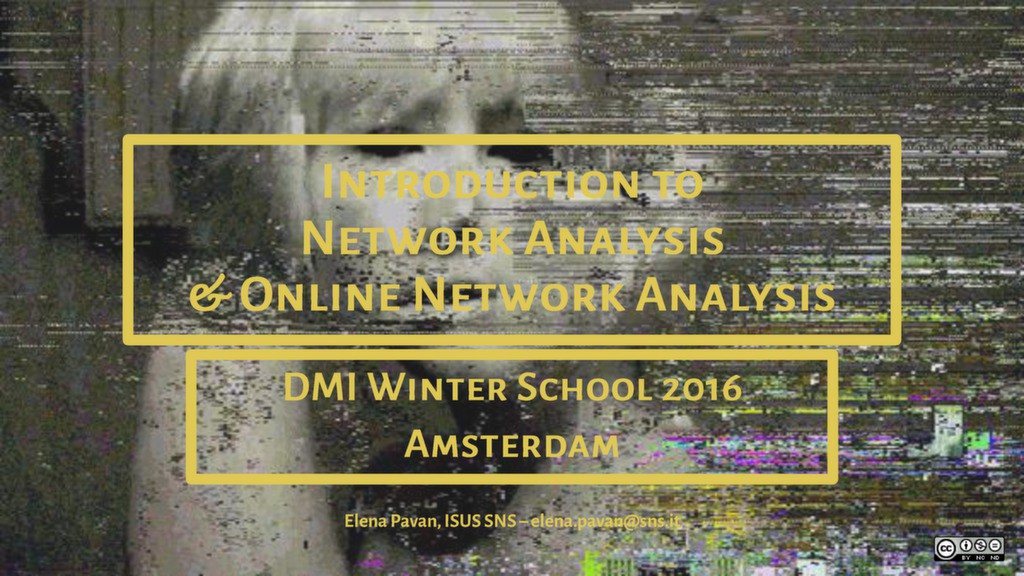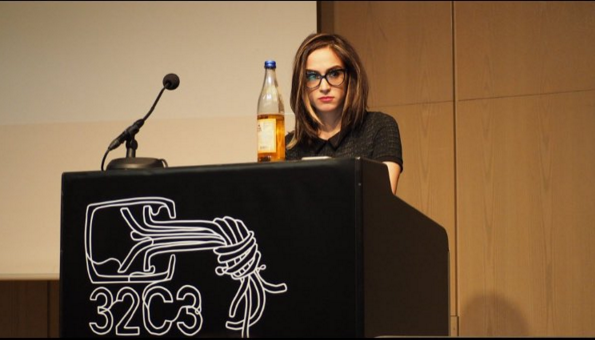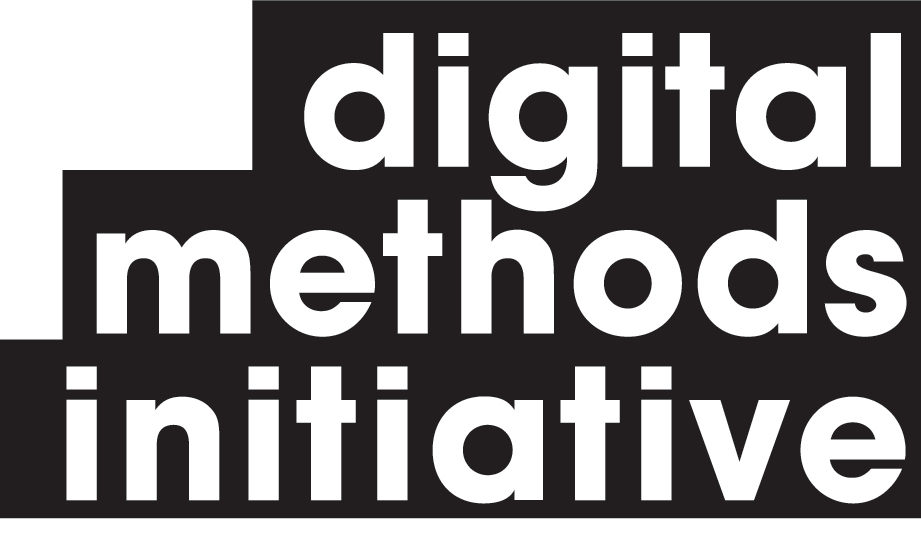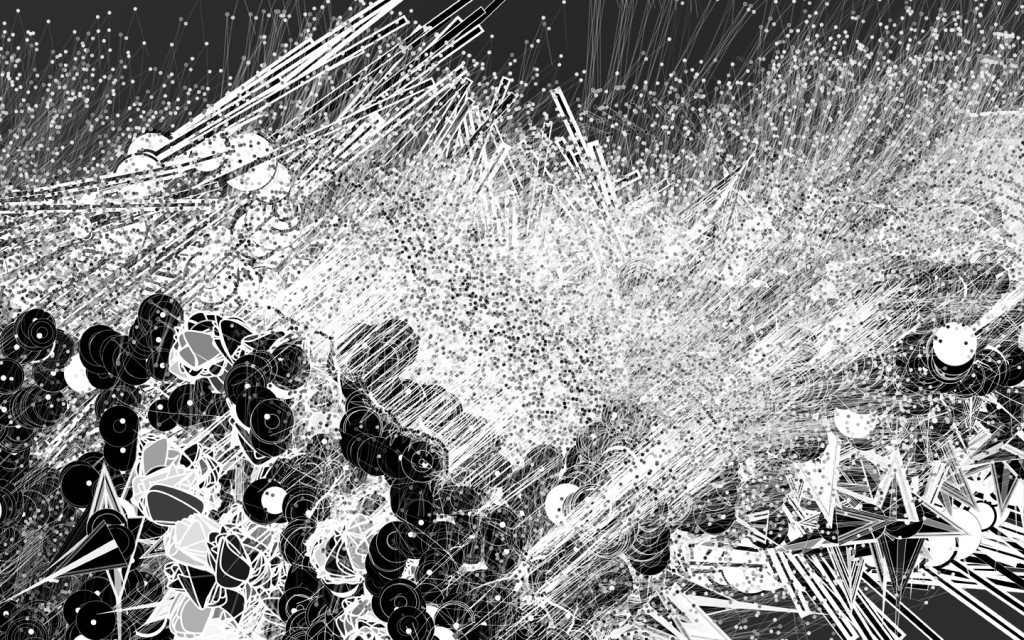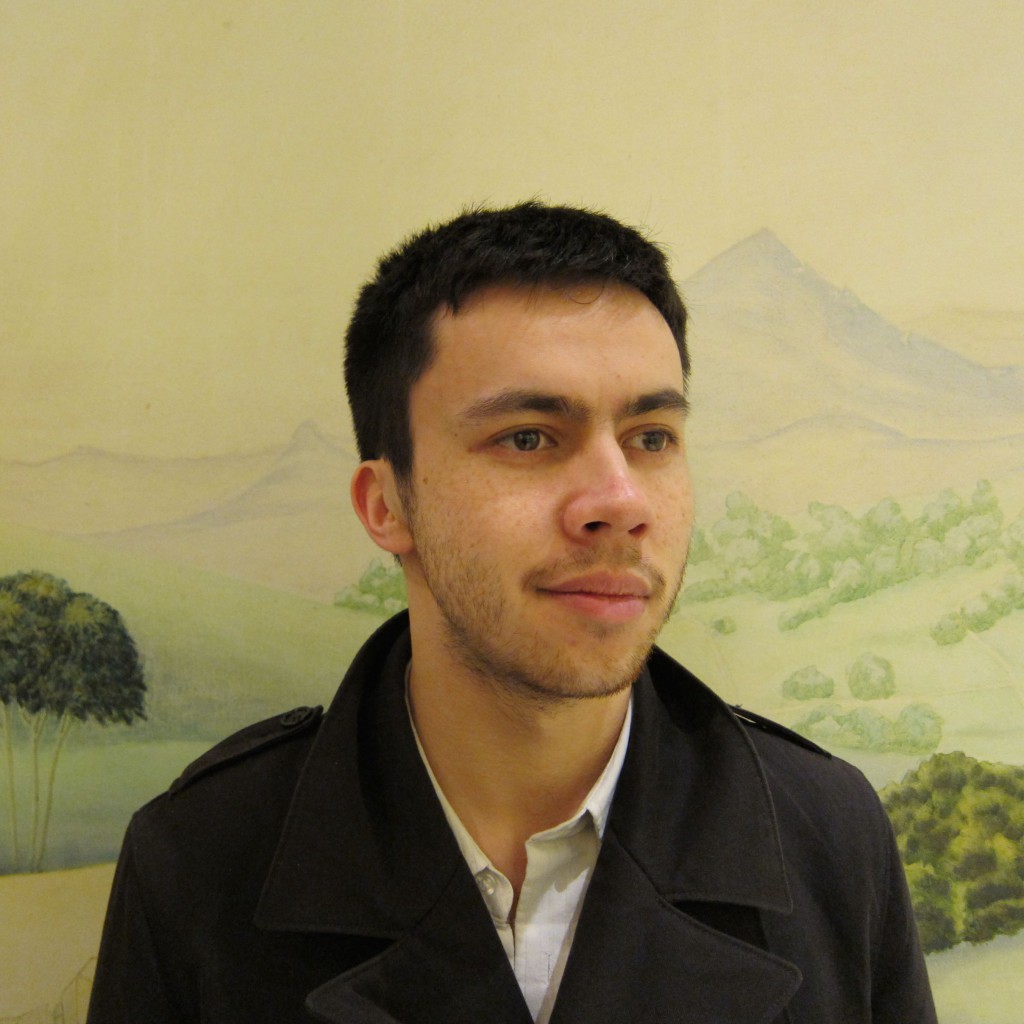We are very happy to announce the DATACTIVE Ethics Board.
As a collective we take the ethics of research very seriously. That is why we have selected board members whose work and ethical commitments we admire and respect. We expect to consult the EAP every six months, or frequently if necessary, as we dive into the empirical work and take decisions concerning data collection, data management and engagement with activists on the ground. Our board is composed of academics, as well as community members.
We are thrilled to be able to count on each of them for help, inspiration and oversight throughout the next years!
Below you find the list of your fellow Ethics Board members, in alphabetical order.
Ethics Board
Julia Hoffmann (Hivos, the Netherlands)
Jaromil, aka Denis Rojo (Dyne.org, the Netherlands)
Masashi Nishihata (Citizen Lab, Canada)
Annalisa Pelizza (University of Twente, the Netherlands)
Melanie Rieback (Radically Open Security, the Netherlands)
Charlotte Ryan (University of Massachusetts Lowell, and Media/Movement Research Action Project, USA)
Tatiana Tropina (Max Planck Institute for Foreign and International Criminal Law, Germany)
